Key Takeaways:
- Mentoring can develop emotional maturity in youth when we give them an outlet to heal.
- We mentor when we lead by example.
- Accountability is key because even good mentors can make mistakes.
- Positive mentoring can improve the overall health of a community.
Mentoring youth in Africa faces many challenges with a lack of access to positive role models and barriers to quality education as two examples. For this article, spoke with Rukundo Jean Baptiste, a Rwandan national who manages a US-based social enterprise in Rwanda. Like many of his peers, Rukundo grew up in an orphanage after his parents were killed during the 1994 Genocide Against the Tutsi. He struggled without his family, during a time when the country was rebuilding itself, and in deep poverty; but he was inspired to become a ‘better’ mentor because he wanted to ‘offer better things to others so they don’t feel’ the same ‘hurt’.
As a youth, Rukundo discovered his gift for art and has become renowned in Rwanda for his unique style that blends culture with expressionism. Art became the tool that he uses to share his feelings with the world. He was compelled to mentor the younger generations so that they had an outlet for their pain – and their joy; so, he worked with NGOs to teach reconciliation with brush strokes and paint blending on canvas. Through his mentoring and his art, Rukundo began to heal, too. He discovered that directing ‘others to become the best that they want to be’, he also became the best.
Today, Rukundo remains humble and deeply rooted to aspects of the Rwandan culture that allow collaborative contributions to help individuals experience personal and professional successes. Painting provides beautiful artwork for our walls, but it can provide a financial solution for an artist who wants to pay rent or buy food. The interaction between the painter and the buyer can boost self-confidence and offer greater opportunities. Rukundo found that these opportunities, when accepted, can build a professional portfolio and introduce him to new mentors. An African man who ‘leads by example’ and holds himself accountable inspires young men and boys to develop their communities into better places for all members.
Disruptors such as civil unrest and war, health emergencies and epidemics, corruption, along with generational poverty, lack of quality education and technology, and natural disasters impact access to diverse mentors. In Rukundo’s example, the Genocide created an instant loss of adult role models in a short span of time. His new role models and mentors, while successful, led from a place of pain rather than strength. This compromised his own development, but he found opportunities within his local community where he could provide youth with the messages he wanted to hear when he was their age. He honed his natural gift for mentoring through local collaborations in art.
Rukundo is a finalist for the prestigious 2024 Mandela Washington Fellowship, a recognition he earned through his work as a community mentor. He advises small business owners seeking resources and ideas for improving their existing companies while guiding the staff and leadership team at Next Step Rwanda. While only into his third decade of life, Rukundo is known as ‘UMUSAZA’ or old man in the Rwandan art community. He wears this nickname proudly because it affectionately refers to his natural ability as a mentor to young men & women and youth across the country, especially young artists. Imagine a continent filled with youth who have been empowered through a network of mentors of all ages and income levels!
The greatest gift we can give each other is honest feedback that builds strong moral character and critical thinking. This is mentoring. Youth with positive mentors are more likely to succeed and become more positively engaged in their environment. They can develop sustainable habits that promote mentoring, creating a self-perpetuating circle of mentor-mentee relationships that drive the economic and mental health success of a community. Mentoring is a gender-neutral activity that will equitably impact all members of society.






















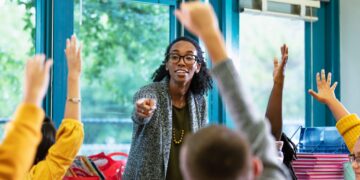
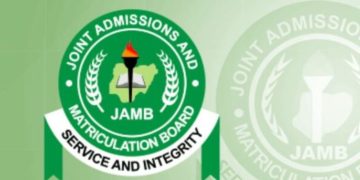
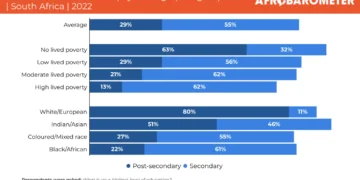

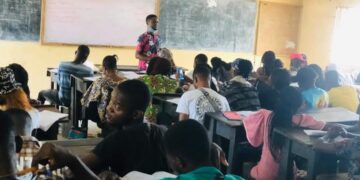
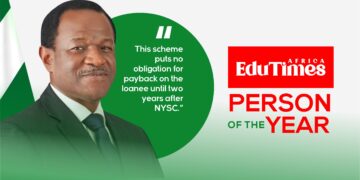









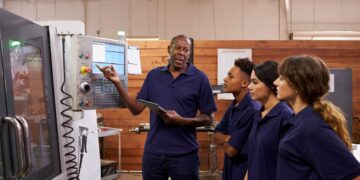
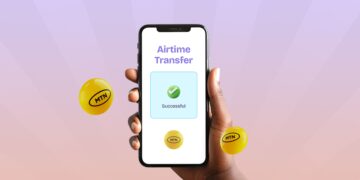




















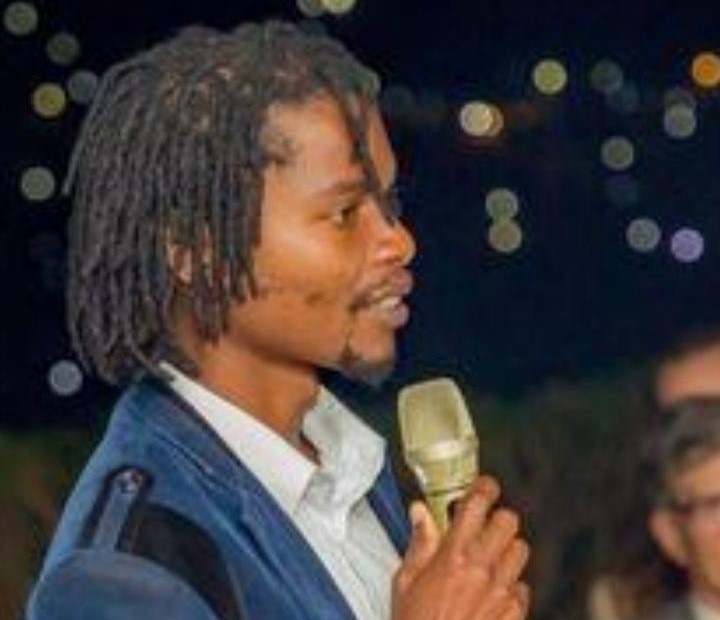


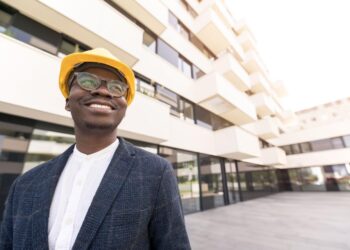
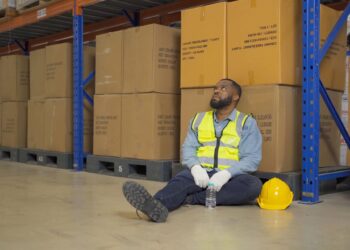
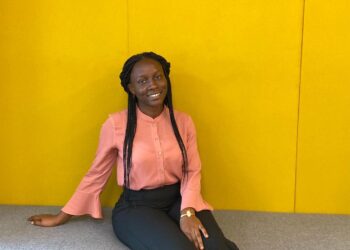
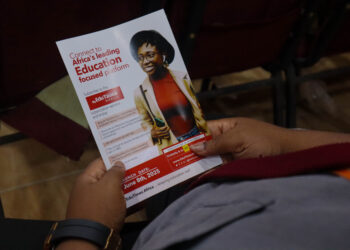


 EduTimes Africa, a product of Education Times Africa, is a magazine publication that aims to lend its support to close the yawning gap in Africa's educational development.
EduTimes Africa, a product of Education Times Africa, is a magazine publication that aims to lend its support to close the yawning gap in Africa's educational development.

